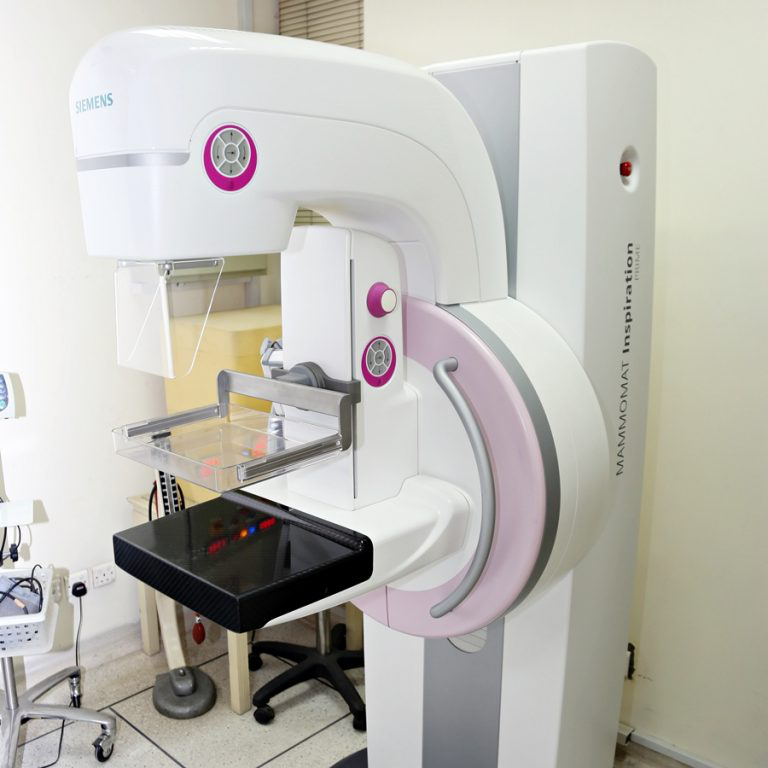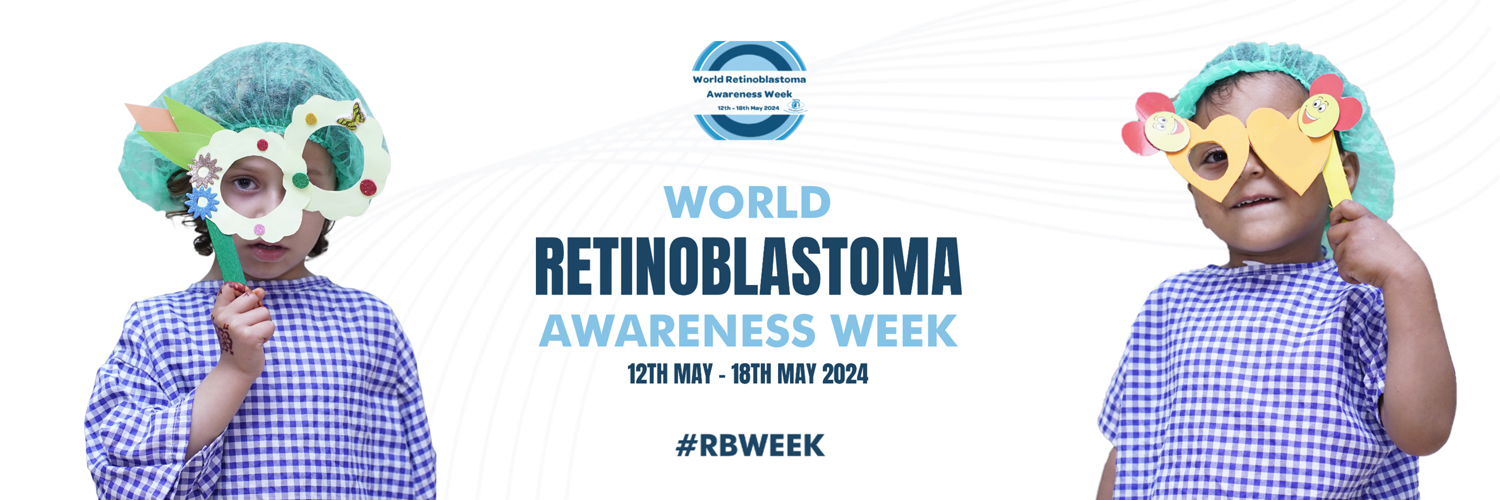Find out details about diagnostic and screening mammogram from Dr Kashif Siddique, Consultant Radiologist at Shaukat Khanum Memorial Cancer Hospital and Research Centre (SKMCH&RC), Lahore.
Mammography is a dedicated radiographic technique for imaging the breast and the resultant images are known as mammograms. Screening mammography is one of the tools used in early detection of breast cancer, which aims to improve survival in women who are at moderate and high risk of developing breast cancer. Early detection can save your life!
Read on to learn more.

What is the difference between diagnostic and screening mammogram?
Screening mammography is performed on asymptomatic women to identify abnormal changes in breast at an early and potentially curable stage. This type of mammogram aims to detect breast cancer in women with no palpable lump or clinical symptoms. A diagnostic mammogram, on the other hand, is recommended by a doctor to look for any abnormalities in case of symptoms such as, a palpable lump (a lump that can be felt during breast self or clinical exam), pain, nipple discharge or breast skin changes.
Who should get a screening mammogram?
We recommend that women above 40 years should get an annual screening mammogram. Also, women who are at a high risk for developing breast cancer should discuss with their doctor about starting breast screening 10 years earlier—but not before 30 years of age. Breast cancer risk assessment depends on a number of factors for example, women with a BRCA gene mutation and their un-tested first-degree relatives, women with a history of radiation to chest between 10 to 30 years of age and those with very strong family history.
Who should get a diagnostic mammogram?
In younger women, due to denser breast tissue, a mammogram may not be quite effective. Therefore, for women below 40 years of age, we recommend breast self-exam. Breast self-exams are also a valuable tool in low-resource settings where women do not have access to mammography. During breast self-exam, if a woman detects any unusual symptoms such as a lump, nipple discharge, dimpling, change in shape or size of breast, she should visit a doctor who will recommend diagnostic mammogram. All lumps are not cancerous and to establish the nature of the mass, that is, benign or cancerous—a biopsy is required.
What is a 3-D mammogram?
Digital breast tomosynthesis (DBT) is a 3-D mammogram, which gives a more detailed image of the breast tissue and it is especially useful in women with dense breasts. The standard 2-D mammogram images may be generated from 3-D mammogram with lower radiation exposure to patients.
We have started Pakistan’s first 3-D mammography service at SKMCH&RC, Lahore. With the help of this latest technology, we ensure that even small lesions are detected.
How much does it cost to get a mammogram?
The prices of diagnostic and screening mammogram at Shaukat Khanum facilities are given below:
| Mammogram type | Price (Rs.) |
| Mammogram (bilateral) | 9,600 |
| Mammogram (unilateral) | 7,500 |
| *Breast ultrasound (after mammogram) | 5,650 |
* If an ultrasound is needed with a mammogram (bilateral or unilateral), then these additional charges apply.
Notes:
- Prices may change subject to an adjustment in our official prices.
- Revenue from these services is spent on the treatment of deserving cancer patients.
Avail up to 20% discount on select credit and debit cards of UBL, ABL and MCB.
Terms & conditions apply.
How can you get a mammogram in Pakistan at Shaukat Khanum facilities?
- For screening mammogram, women who are above 40 years of age can visit
(with prior appointment)
- 3-D mammogram (Digital breast tomosynthesis) is available at Shaukat Khanum Memorial Cancer Hospital and Research Centre, Lahore.
- If you are below the age of 40 and need a diagnostic or screening mammogram, you are requested to bring along your doctor’s note.
- If you wish to consult with one of our breast surgeons first, then you need to book an appointment at SKMCH&RC, Lahore. View the list of our breast cancer surgeons
For more details about appointments, you can contact +92 42 35905000 Ext: 8888







